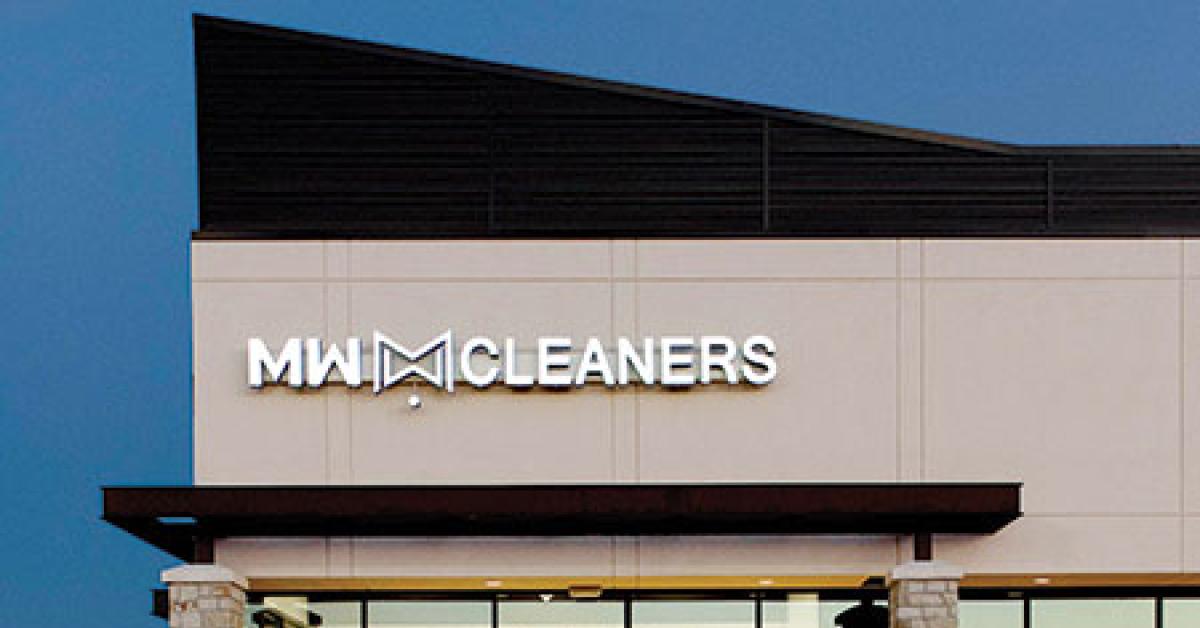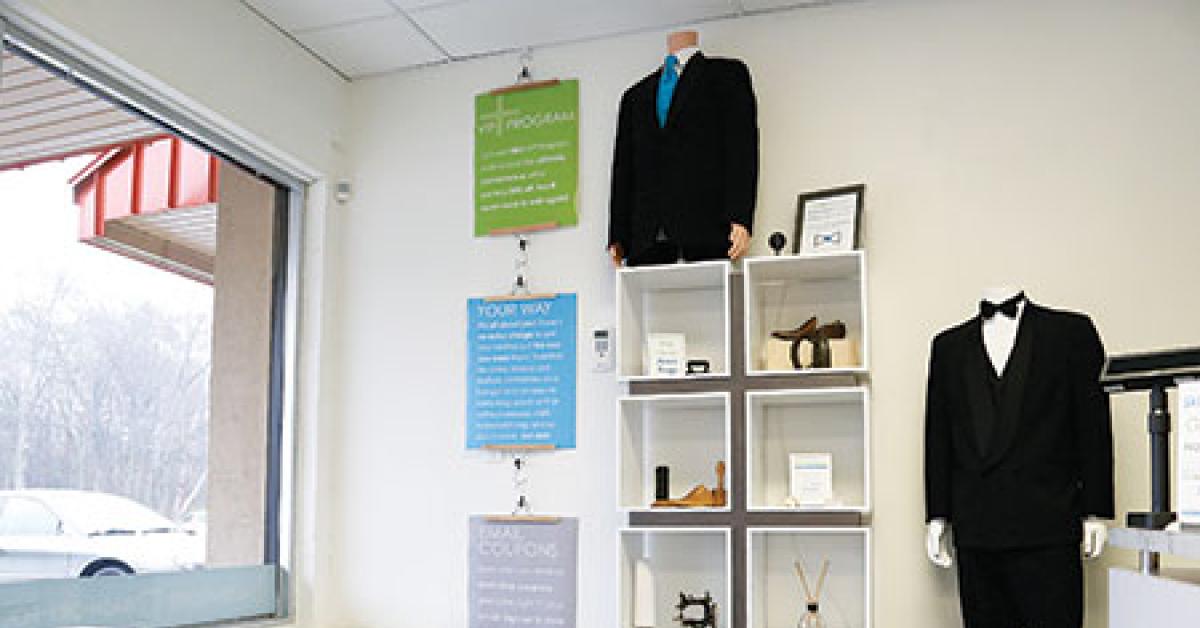CHICAGO — Can the drop store (or dry store) as we know it be redefined? There are businesspeople today who think so — and are laying it all on the line to change image and perception.
“Drycleaning plants will take on a new role, primarily servicing smaller outlets on a wholesale basis, drastically reducing environmental problems,” says Bob Devaney, president and CEO of All Things Drycleaning, South Weymouth, Mass.
Devaney, who started Lapels Dry Cleaning before selling the business, now finds ways to make drop stores profitable for owners who pay no royalties. He makes his money selling stores and building stores and has 70 stores to date, mostly in Massachusetts, but is looking to expand.
“Less plants servicing the right number of outlets will increase their volume and profitability,” says Devaney. “Plants would be located away from residential areas but still able to provide quality and same-day service to the local outlets.”
Today, business models for drop stores are varied and unique and out to forge new definitions. These businesses not only in Massachusetts but in places like Houston and Seattle are rewriting the rules.
These aren’t your grandfather’s dry stores. No more are they categorized as stores of possibly lesser quality. Innovators are changing the rules and creating a fresh, new look for dry cleaners.
REINVENTORS
Devaney’s concepts are making believers out of his new business owners who buy into the model, literally, and achieve unexpected levels of profitability.
“Our vision is one of smaller, conveniently located garment care centers that are locally owned and managed,” he explains. “All processing is done off-site, eliminating any environmental concerns.”
These stores offer add-on services and related products such as tuxedo rental; clothing items such as ties and men’s shirts; grooming accessories; clothing care products; and travel-related items.
Devaney identifies locations he deems great using sophisticated analysis. His company will then “build out their stores with state-of-the-art equipment including custom counters, flooring, SPOT POS computers, conveyors, supplies, signage and more.”
He provides complete training and a comprehensive marketing package and matches the owners up with “top-notch” wholesale vendors who provide guaranteed quality services such as dry cleaning, laundry, tailoring, shoe repair, tuxedo rental and more, he explains.
“Because our stores require less space,” says Devaney, “less overhead, payroll, utilities, etc., our owners can quickly create financial independence and job security close to where they live.”
He calls his model the “un-franchise.” This is because, according to Devaney, he doesn’t charge a royalty fee or marketing fee that can cut into a store’s profits. Also, there are no strict operational guidelines to adhere to. “This gives our owners the freedom to operate and grow their business independently without interference and oversight by a third party.”
Wholesale arrangements are key to his business model.
“It’s important that both the wholesaler and the retailer are able to make an acceptable profit. We work together as a team to accomplish this,” says Devaney.
“Systems and pricing that make it less expensive for wholesalers to process allowing for enough margin for the retailers to make a profit,” he adds. “It’s a win-win-win for the wholesaler, retailer and customer.”
Great customer service keeps customers coming back, Devaney adds. He also wants to change the image of the dry cleaner and fix what he sees as the inconsistent quality of stores. Drop stores, he says, “don’t take away, they add to business.”
Owner-operated outlets can offer the highest quality that only an owner can provide, he indicates.
“Our owners, who care the most, are personally inspecting every garment that is returned, assuring that their customers will receive the absolute best quality.”
ATTRACTIVE
“We work hard on picking the right location and making the customer experience at a dry store just like coming to a plant,” says Mike Nesbit, CEO, MW Cleaners, Spring, Texas. His company serves the Houston-Austin area with 37 stores; 27 are drop stores.
(Editor’s note: In the interest of full disclosure, Nesbit currently serves on the American Drycleaner Advisory Board.)
This is another business that is changing the mindset of what the dry store is suppose to be, redefining the label.
“I won’t put a store into a small space that is 15 feet wide and 70 feet deep,” says Nesbit. “We need a bigger presence. Real estate is our marketing. We want to be as attractive from the street as possible.”
Industry trends in old-school speak would tell you the drop store is a secondary business due to less volume. There’s typically a storefront and some racking, and there are logistical challenges. But that’s not how today’s new business model looks at it.
“Our message is don’t treat the dry store like a secondary store. Treat it like a plant facility,” notes Nesbit.
“We have 26 dry stores and they all have drive-thrus. We make five deliveries each day to those stores. We staff our dry stores like a producing plant to make the experience as close as possible to the production facility service,” says Nesbit.
Check back Thursday for the conclusion!
Have a question or comment? E-mail our editor Dave Davis at [email protected].


